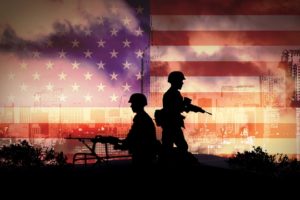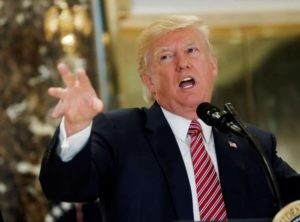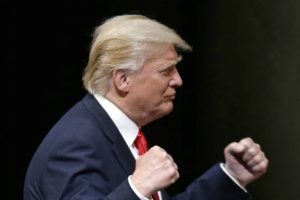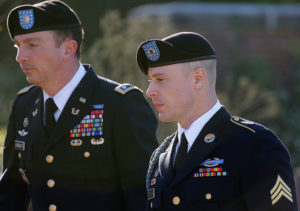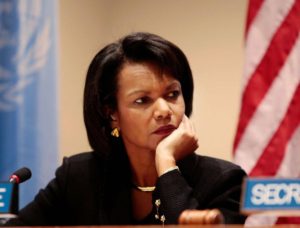I am re-reading a book I’ve owned for a couple of decades.
The great broadcast journalist Tom Brokaw penned “The Greatest Generation” to pay tribute to the men and women who saved the world from tyranny during World War II.
Brokaw’s thesis is one that I still accept, that those 16 million Americans who answered the call to fight a global war on two fronts — in Europe and the Pacific — exhibited unparalleled devotion. They served “for the duration” of the war. They finished the job and came home to start their lives.
I’m reading the book, though, with a slightly different take than I had when I picked it up the first time.
The current generation of fighting men and women is rising to the level of devotion and dedication that my father’s generation did more than 70 years ago.
Under vastly different circumstances, to be sure.
They are fighting an enemy that is every bit as cunning and resourceful as the Nazis were in Europe and the Japanese were in the Pacific. These terrorists against whom we keep sending these young Americans to fight are ruthless and dedicated to the perverted principles they are following.
Today’s generation of young American warriors is facing multiple deployments onto the battlefield in Afghanistan and other places — some of which are undisclosed. Four Army Special Forces troops died recently in Niger, bringing into the open a deployment few Americans knew was under way.
I long have saluted my father for his contribution to fighting tyranny during World War II. I am proud of what he did as a sailor who saw more than his share of combat in the Mediterranean Theater of Operations.
I also want to salute other members of my family who’ve thrust themselves into harm’s way during the current war against international terror. My cousin served multiple Army tours in Iraq and Afghanistan. I have a nephew who drove an Army tank into Iraq when that war broke out in March 2003; he would return to Iraq for a second tour.
The war on terror just might be a conflict that has no end. There might not be any way for the United States to declare total victory as this country was able to do in 1945. The enemy surrendered unconditionally, giving The Greatest Generation of Americans its ticket home.
Can we achieve a similar end to the current war? I am trying to imagine how that gets done.
Meantime, the current generation keeps fighting. These young Americans have earned their status as the newest Greatest Generation.
I am proud of them beyond measure.
